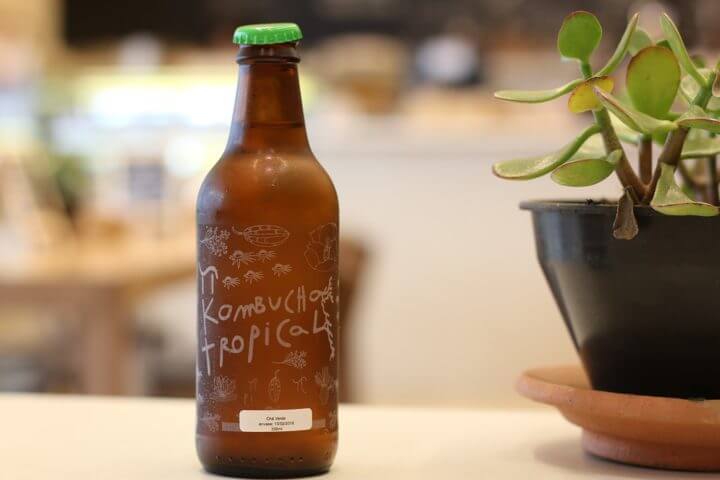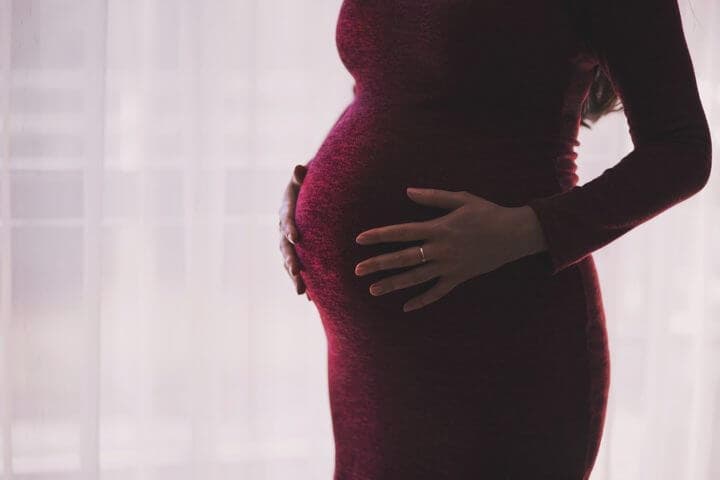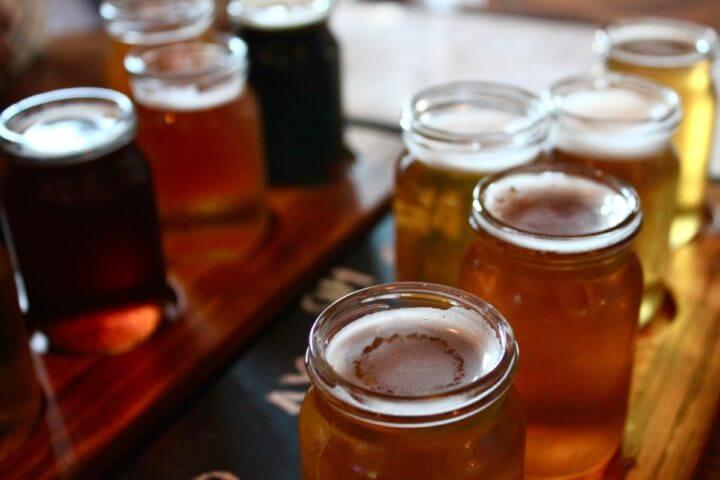Kombucha is a fermented tea originally from China that offers the same benefits that are obtained from drinking green or black tea. Thanks to this, it has regained its popularity and increased its sales today.
Kombucha tea can be found at any grocery store, although most people have chosen to make their own Kombucha, which requires careful preparation and monitoring.
One of its great benefits is the contribution of probiotics. These are associated with improvements in digestive health, weight loss and, above all, help reduce systemic inflammation. However, the safety of drinking Kombucha tea during pregnancy is quite controversial.
Find out what are the possible problems associated with the consumption of Kombucha tea during pregnancy .

Why Not Drink Kombucha Tea During Pregnancy
1. Contains alcohol
Kombucha tea that you get at grocery stores contains very small amounts of alcohol, around 0.5%. Although it is a drink that is usually sold as "non-alcoholic", its fermentation process gives way to the production of minimal amounts of alcohol.
Yes, 0.5% alcohol may not sound like a lot to you, but remember that medical professionals always prohibit the consumption of alcohol during all trimesters of pregnancy. Also, if you decide to buy Kombucha tea made by homebrewers, you will have to bear in mind that, in this case, they tend to have more alcohol content.
The effects of consuming Kombucha during pregnancy have not yet been determined, but since there is a risk, it is better to think about it before taking it.

2. It is not pasteurized
Pasteurization is the process used to kill harmful bacteria, such as listeria and salmonella, from drinks or food. In the case of Kombucha, when it is in its purest form, it has not been pasteurized.
During pregnancy it is recommended that you avoid products that are not pasteurized. This includes milk, white cheeses, and raw juices, as they can carry harmful bacteria.
These bacteria could put the pregnancy at risk, including an increased risk of miscarriage and stillbirth.

3. You could be contaminated with harmful bacteria
This is actually more likely to occur in homemade Kombucha than processed Kombucha, but it is possible that Kombucha is contaminated with harmful pathogens that can affect you.
It is true that Kombucha is packed with probiotics , but the environment where these grow is the same where harmful pathogens and bacteria grow. Therefore, it is important that you make sure, if you make the infusion yourself, that its preparation is in the best sanitary conditions and with proper handling.

4. Contains caffeine
Kombucha tea is made with green or black tea, therefore it contains caffeine. Being a stimulant, caffeine can easily cross the placenta and enter the baby's bloodstream.
Many studies claim that this does not harm the baby when caffeine is consumed in moderation (Kominiarek, 2016), but other studies show that increased caffeine consumption during pregnancy may be related to harmful effects, such as miscarriage , low birth weight and premature delivery (Gianelli, Doyle, Roman, Pelerin & Hermon, 2003).
The most recommended, therefore, is that during pregnancy you only ingest 200 g of caffeine per day, no more (Morgan, Koren and Bozzo, 2013).

conclusion
Kombucha tea is a fermented drink with many benefits for the body. However, drinking Kombucha during pregnancy can be dangerous for you and your baby; That is why it is important that you are aware of the risks you run when taking it.
It is best to avoid it during this period due to its high caffeine content, its alcohol content and its lack of pasteurization. Also, it can harbor some harmful bacteria.
If you want to consume probiotics, it is better to look for a safer and healthier alternative.
References
- Gianelli, M., Doyle, P., Roman, E., Pelerin, M. and Hermon, C. (2003). The effect of caffeine consumption and nausea on the risk of miscarriage. Pediatric and Perinatal Epidemiology, 17 (4), 316-323.
- Morgan, S., Koren, G. and Bozzo, P. (2013). Is caffeine consumption safe during pregnancy? Canadian Family Physician Medecin de Famille Canadien, 59 (4), 361-362.
- Kominiarek, MA (2016). Nutrition Recommendations in Pregnancy and Lactation. Medical Clinics of North America . doi: 10.1016 / j.mcna.2016.06.004
